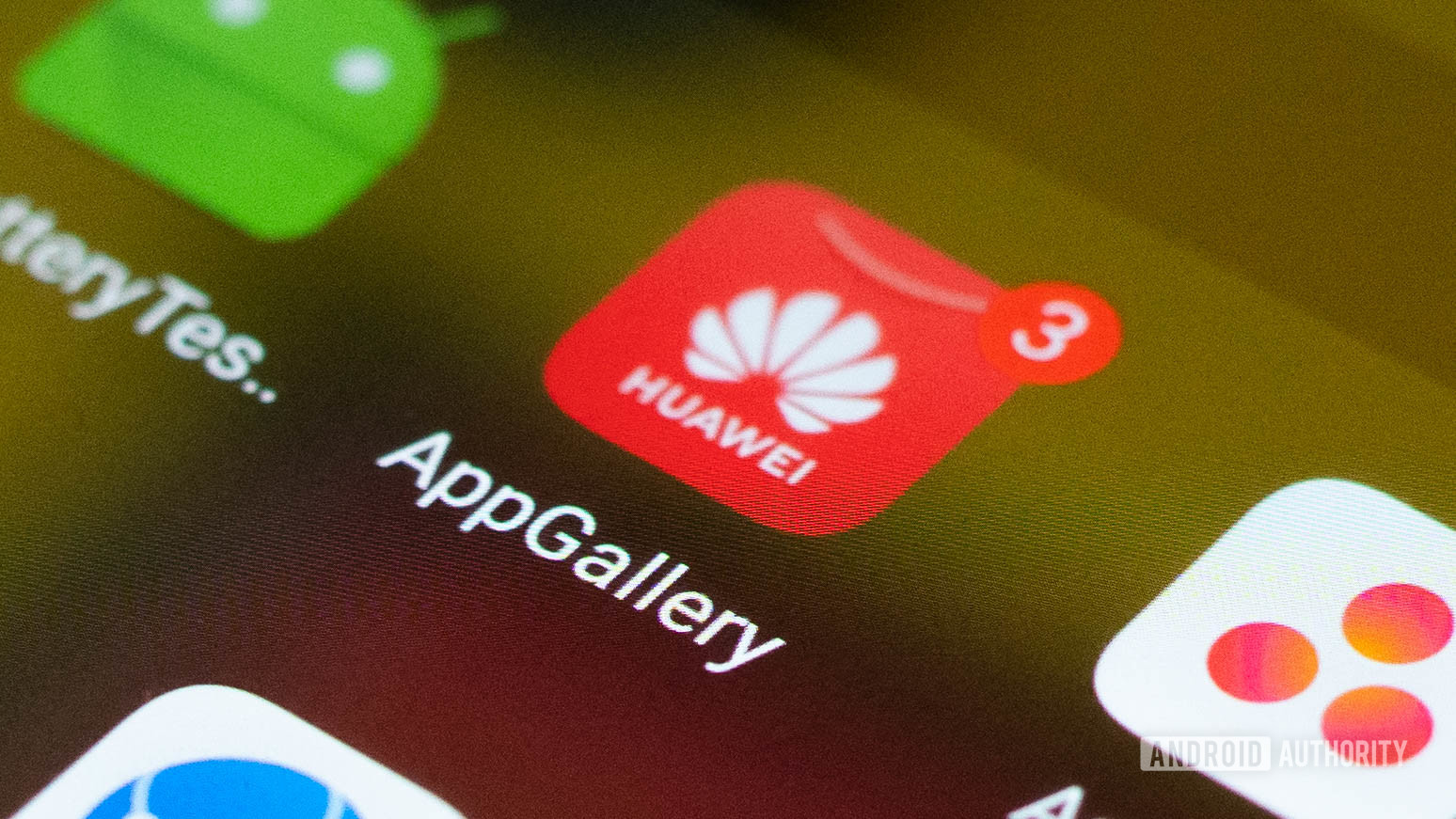Affiliate links on Android Authority may earn us a commission. Learn more.
HUAWEI will selectively incorporate some of Android 11's features into EMUI
Published onSeptember 10, 2020

- HUAWEI told Android Authority it plans to selectively integrate select Android 11 features into EMUI.
- The company didn’t have access to Android 11’s codebase until earlier this week when Google officially released the OS.
- The company also told us it feels EMUI has surpassed Android in a lot of ways.
If you’ve been following the development of EMUI 11, you’ll know that HUAWEI built the latest version of its mobile operating system on top of Android 10, not Android 11 — which Google released to its Pixel devices on September 8.
As a HUAWEI device owner, you might then ask yourself when HUAWEI will migrate EMUI to an Android 11 base. But it turns out the better question is when EMUI will adopt some of Android 11’s features.
“The sure thing is that, after Android 11 is officially open-sourced, we will selectively incorporate some of its features into EMUI 11,” a spokesperson for HUAWEI told Android Authority.
HUAWEI didn’t go on to say the specific Android 11 features it plans to incorporate into EMUI, but the statement confirms what we thought was the case. Due to the ongoing US trade sanctions on HUAWEI, the company didn’t have access to Android 11’s codebase until earlier this week when it became officially available and open source. In other words, work on those features just started.
However, at least from the outside looking in, it doesn’t look like HUAWEI is any rush. Citing features like its proprietary GPU Turbo technology, the company told Android Authority, “In recent years, EMUI has been able to surpass Android in many aspects…”
Some of what is at play here is a company trying to appear strong in the face of a challenging situation. However, HUAWEI’s response also speaks to just how much OEMs customize their software over stock Android. Whether its Samsung with One UI or OnePlus with Oxygen OS, plenty of OEMs prioritize developing their own features — which help them differentiate their phones — over keeping pace with Google’s software releases. It’s probably unfair to expect HUAWEI would pivot away from that priority, even with the situation it finds itself in currently.